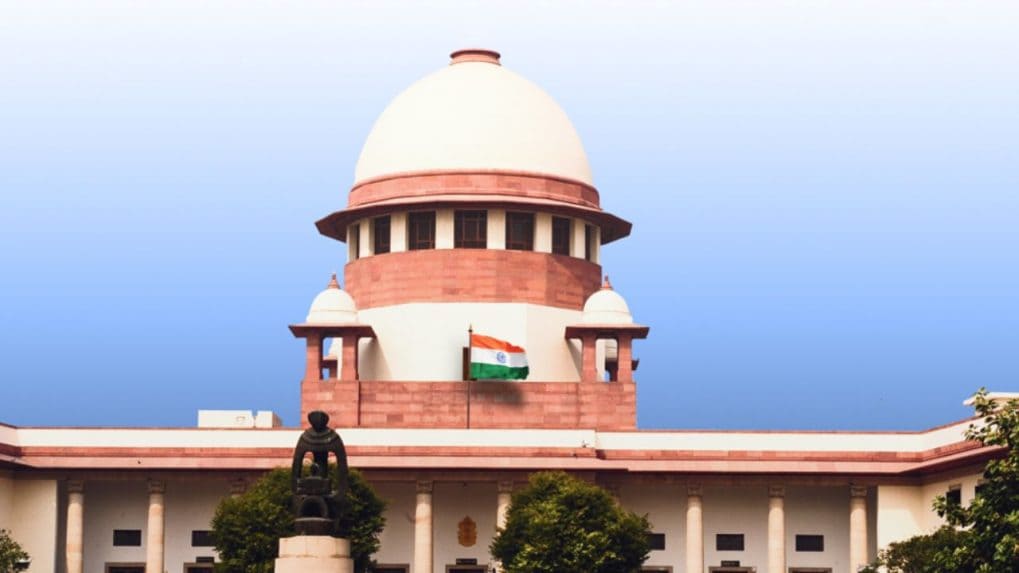Ads and data enough to monetise games, HC ignored public harm: Karnataka tells SC
Karnataka is also separately drafting a new law to regulate online gaming, which is expected to come up in the legislature soon. As the legal and legislative tracks run in parallel, the distress among industry stakeholders continues to grow.
ADVERTISEMENT
The Karnataka government, on Thursday in a fresh legal salvo defending its 2021 ban on money-based online gaming, has argued before the Supreme Court that real money gaming companies can still flourish without relying on player stakes—by turning to advertising and data monetisation instead.
In a submission before the division bench of Supreme Court comprising Justices J.B. Pardiwala and R. Mahadevan, Additional Advocate General Prateek K. Chadha said online gaming platforms are “free to run these games without allowing individual players to risk money” and can still “raise revenue from other streams, such as advertising and monetising customer data.”
The state’s argument comes as it appeals a 2022 Karnataka High Court ruling that struck down provisions of the Karnataka Police (Amendment) Act, 2021, which banned games of skill played for money, calling them unconstitutional.
This time, the focus is not only on legislative competence, but also on economic viability. “It cannot be said that the Impugned Act has the effect of putting online gaming companies out of business,” Chadha told the court, adding that companies need not rely solely on bets to be profitable.
The state is framing its stance as a public health measure, citing addiction and financial harm. “There is no material difference between placing (outlawed) sports bets on the performance of a real-world team... as opposed to a virtual team comprising players drafted by a virtual player,” the state argued. “Betting on more incidences, somehow, magically dilutes the nature of the bet,” it said, rejecting the idea that games involving skill are exempt from regulation.
Chadha said the Karnataka High Court had erred by evaluating the legislation solely through the lens of Entry 34 of the Constitution—pertaining to betting and gambling—while ignoring other relevant entries that empower the state to legislate on public order, police, and health.
“Accordingly, it is submitted that the legislative competence to regulate online gaming is available to the State under multiple entries. The Hon’ble High Court was narrow in its approach in only testing the competence of the State via the lens of Entry 34,” Chadha told the apex court.
The government said the High Court wrongly treated skill-based gaming for stakes as fundamentally different from gambling, when the real-world impact remains similar.
“There is no material difference between placing (outlawed) sports bets on the performance of a real-world team... as opposed to a virtual team comprising players drafted by a virtual player,” the state argued, rejecting the idea that more complex betting structures somehow legitimise the activity.
The state also argued that corporate entities cannot invoke constitutional protections meant for individuals. “Respondent body-corporates cannot invoke fundamental rights under Part III of the Constitution to protect their business interests at the expense of the larger sections of the society,” it submitted.
Meanwhile, Karnataka is separately drafting a new law to regulate online gaming, which is expected to come up in the legislature soon. As the legal and legislative tracks run in parallel, the distress among industry stakeholders continues to grow.
The Supreme Court will hear the state of Tamil Nadu challenging Madras High Court judgement on Monday.
Read More: Karnataka eyes year-end gaming regulation, but will it abandon its SC battle?
Read More: Tamil Nadu’s regulatory model not a fit for Karnataka, RMG stakeholders tell govt


